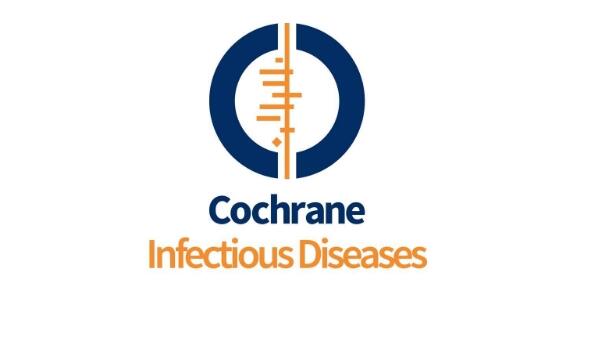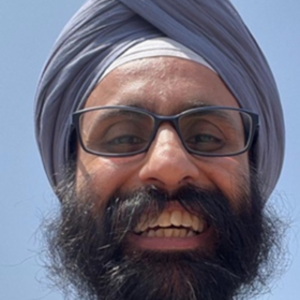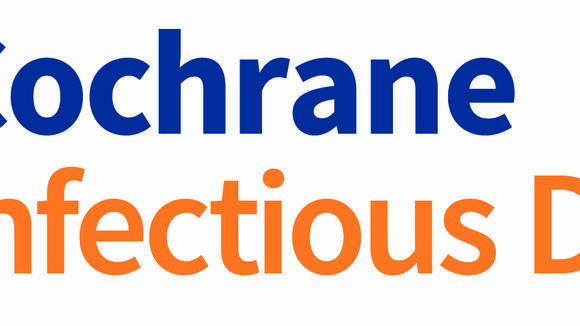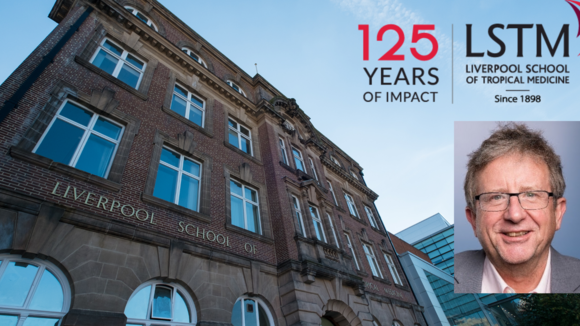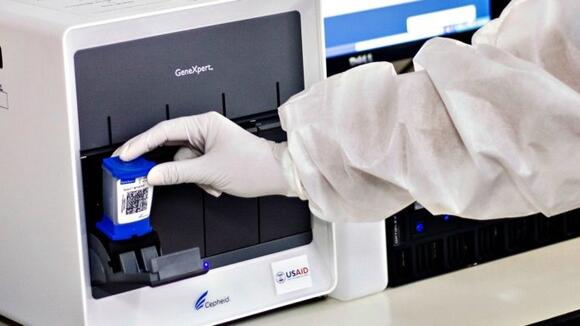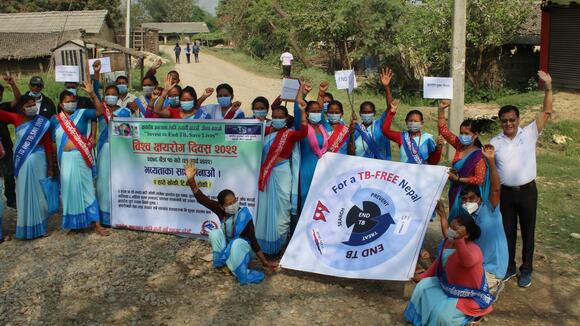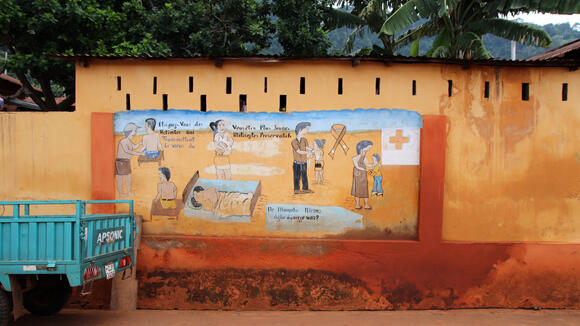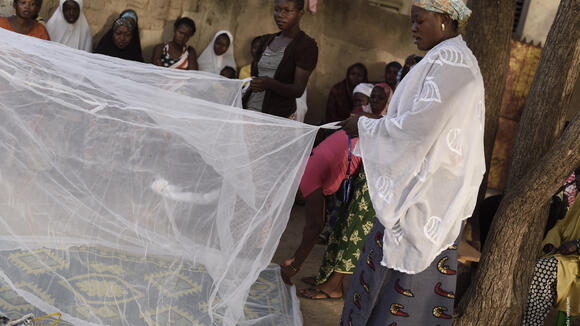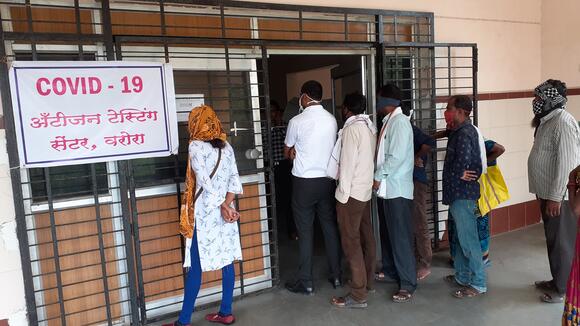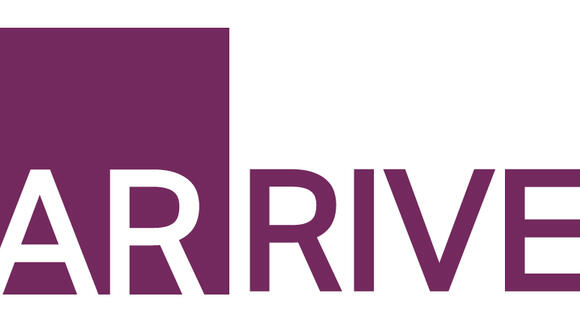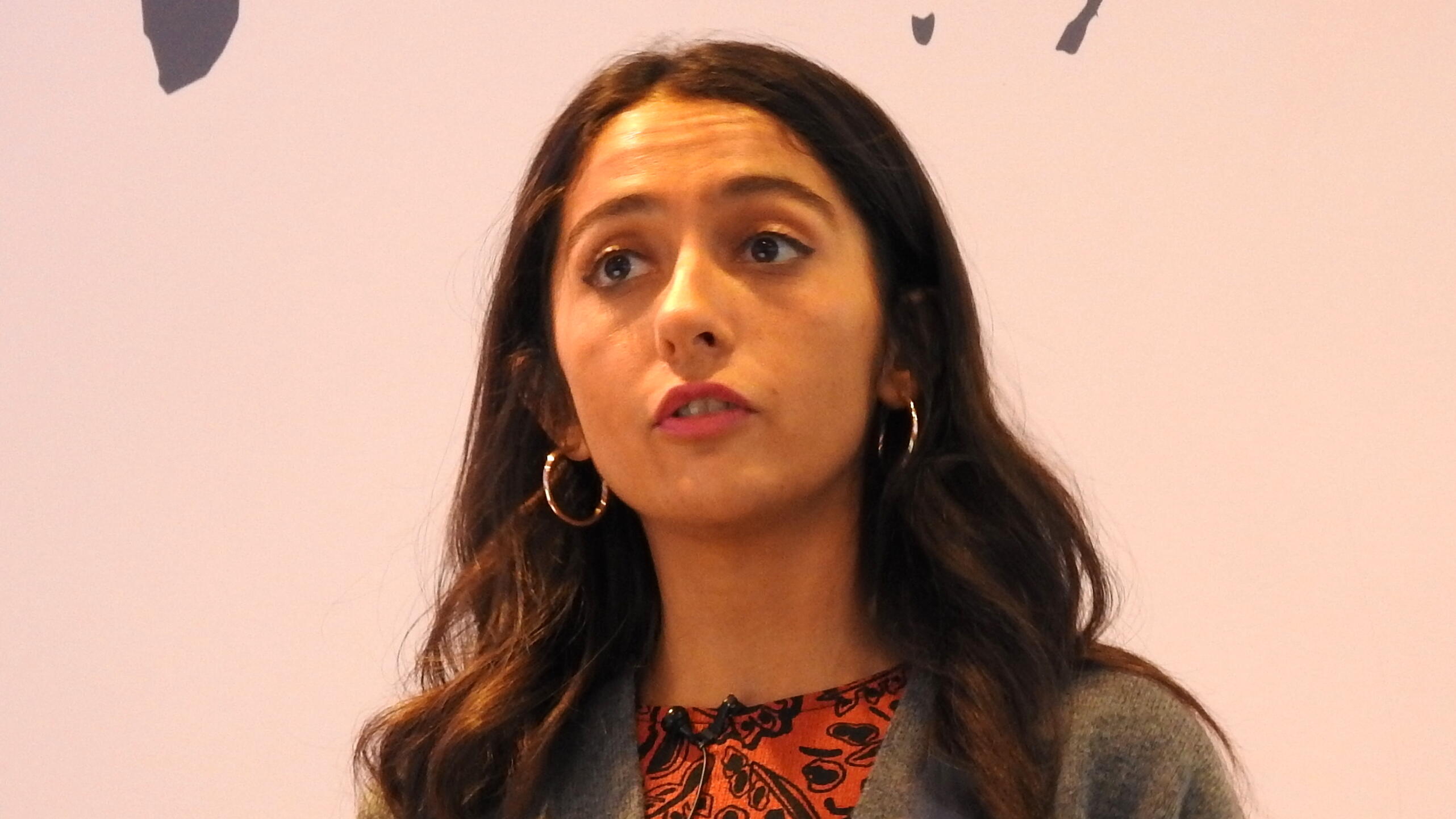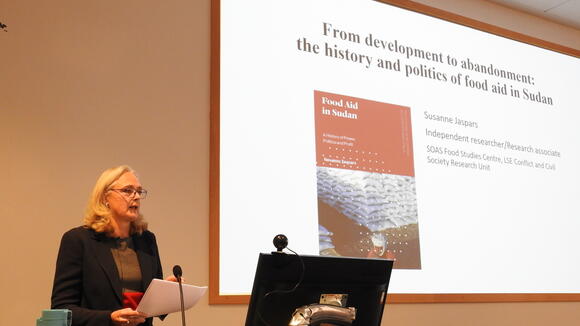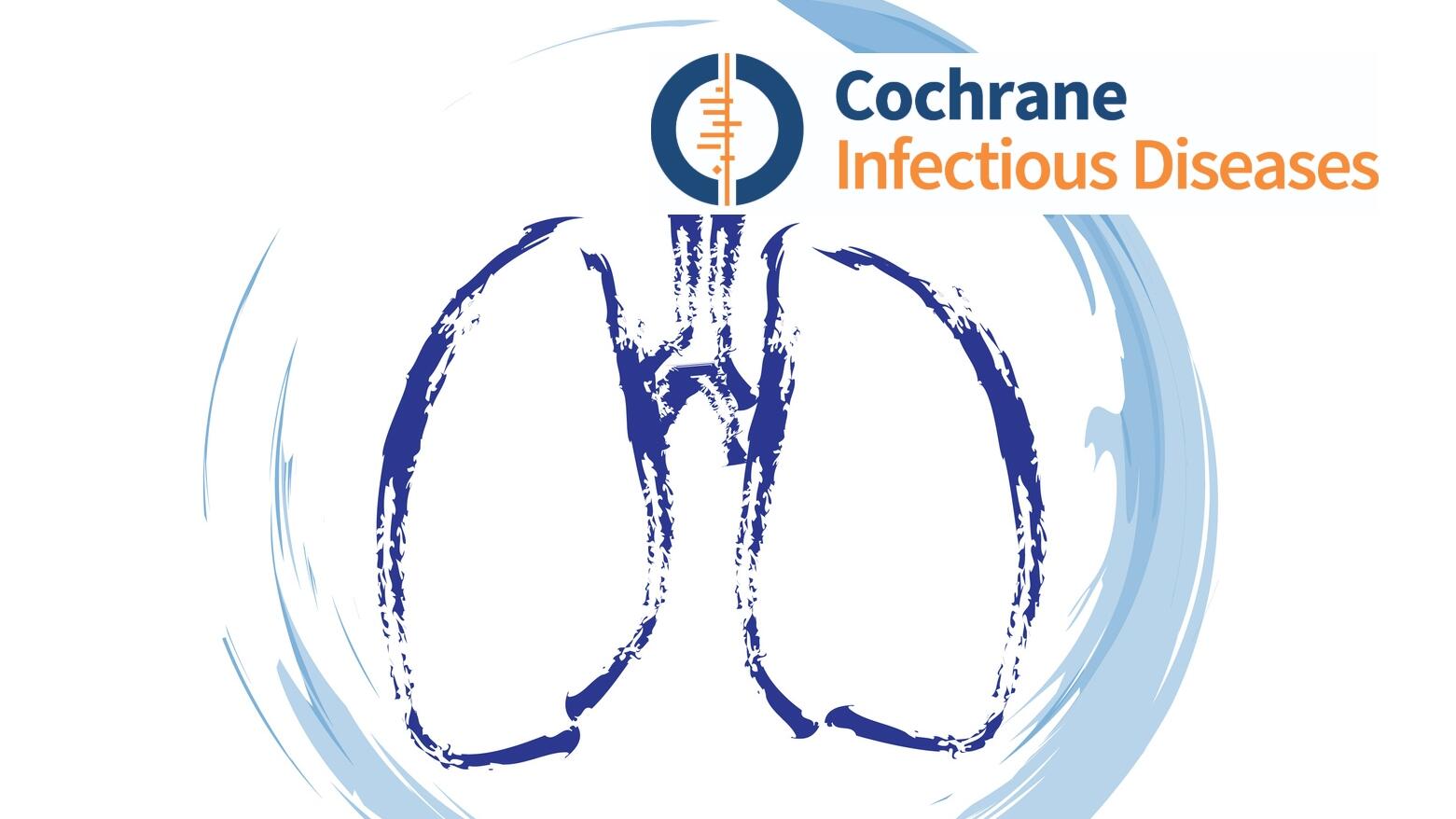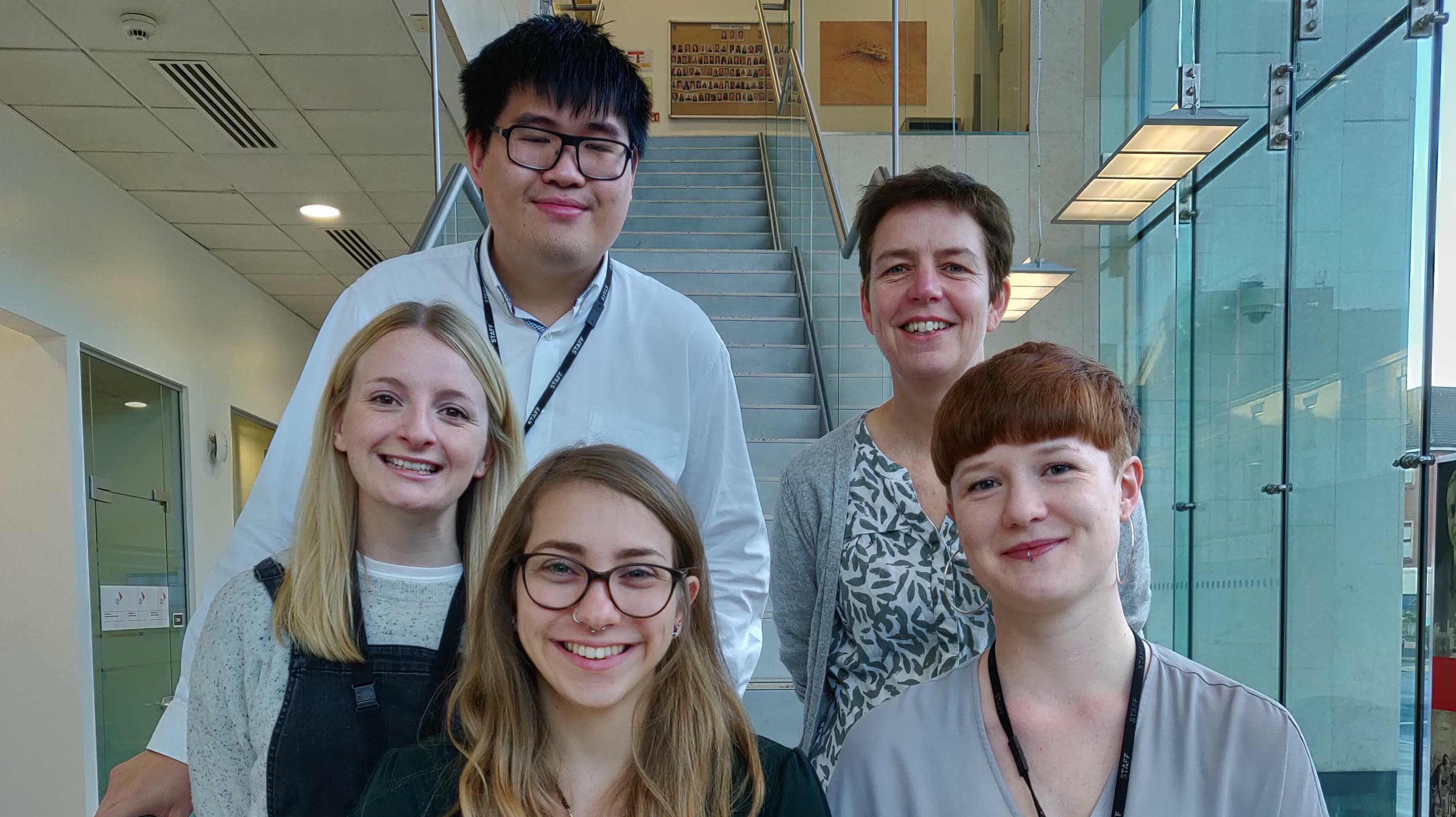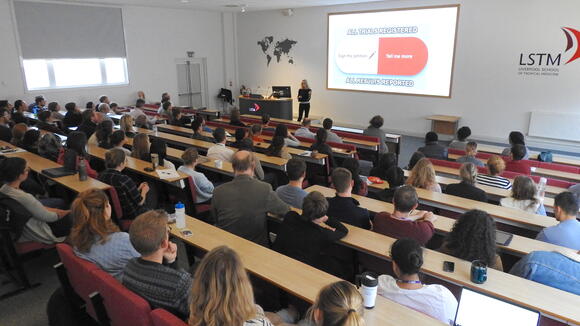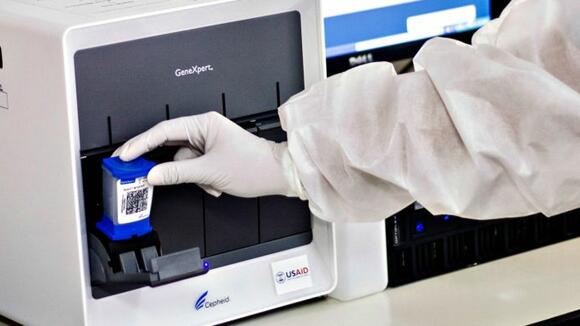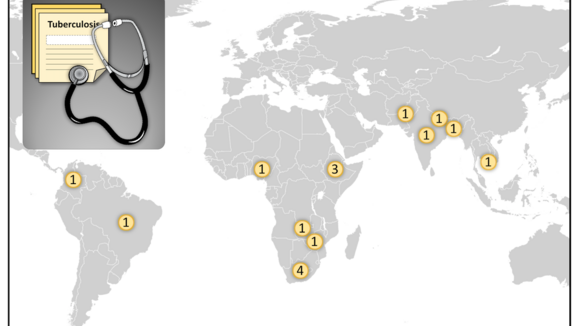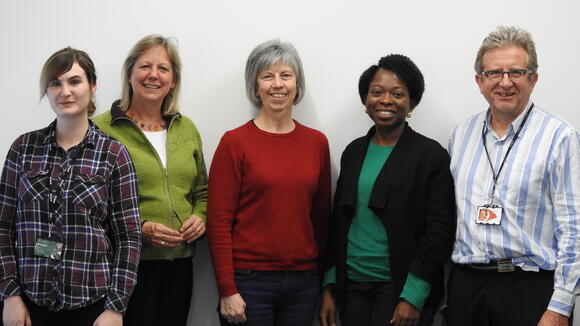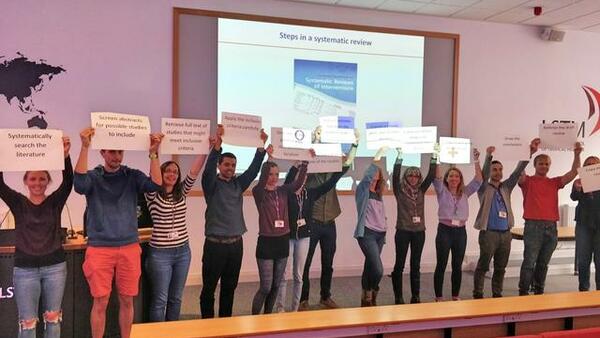
Centre for Evidence Synthesis in Global Health
LSTM is a global leader in evidence synthesis
Evidence synthesis is a relatively new science. The methods and their application have expanded rapidly over the last 25 years. This centre is recognised as a global leader in the field. We are important innovators, contributors to synthesis methods, and part of the development of evidence to policy in global health.
The Centre is made up of two related components:
WHO Collaborating Centre
LSTM has been designated by the World Health Organization (WHO) as a WHO Collaborating Centre for Evidence Synthesis in Global Health. This initiative is supported by the Cochrane Infectious Diseases Group (CIDG), by a team in the Department of Clinical Sciences.
These Centres are important as they reflect the credibility of the team’s work with the WHO and, through a negotiated programme of work, help ensure the research done by the CIDG are linked with current WHO priorities.
The Centre’s remit is to help LSTM retain and develop this reputation, and to ensure LSTM staff know how to access information in best practice to guide their own work, their students’ work, and their teaching.
The Centre helped to set up Cochrane, and remains a major contributor, mainly through the Cochrane Infectious Diseases Group which is an international network of over 700 authors and 20 Editors.
The Centre has organized workshops and seminars in carrying out a systematic review and interpreting systematic reviews.
Career opportunities with the Centre
Being part of this Centre can provide excellent career development opportunities in evidence synthesis and evidence policy. This is through posts advertised periodically on the LSTM Vacancies page.
Our trainees are highly sought after, and we know that the experience provides them with unique advantages when applying for jobs in medicine, in research and in education; and there are opportunities within LSTM in building careers in evidence synthesis as the science and the methods expand.
Being part of this Centre can provide excellent career development opportunities in evidence synthesis and evidence policy. This is through posts advertised periodically on the LSTM Vacancies page.
Our team
Our news and events
- A valedictory by Professor Paul Garner: Truth not Triumph: backstage at Cochrane Infectious Diseases
- Professor Yemisi Takwoingi: Evaluating diagnostic tests: time to get the evidence straight
- Rhiannon Osborne: Why health justice is climate justice
- Dr Maya Goodfellow: The role of race in UK international development discourse
- Susanne Jaspars: From development to abandonment: the history and politics of food aid in Sudan
- Kathryn Maitland: First do no harm: why was fluid resuscitation harmful in African children?
- Deborah Cohen: Investigative journalism in global infectious diseases research
- Fiona Godlee: Why you shouldn't believe what you read in medical journals
- Jocelyn Clark: Medical journals and the medicalisation of Global Health
- Mariska Leeflang: Systematic reviews of diagnostic test accuracy in infectious diseases
- Lord Fowler: AIDS: don’t die of prejudice
- Tracey Brown: Evidence and expertise: we don’t live in a post-truth society and here’s why
Teaching
As part of the teaching programme at LSTM, The Centre teaches a short course on systematic reviews.
This course aims to:
- Identify, appraise and interpret systematic reviews relevant to public health
- Discuss critically influences on evidence-informed practice at global, national and local levels, and articulate a variety of strategies to improve decision-making
- Assess the quality of research evidence and apply evidence to policy and practice using appropriate tools
For further information on the course, including dates and fees, please follow the link on the right.
Staff development training programmes
The Centre supports employee development by providing courses, seminars and workshops that enable employees to improve performance in current jobs or prepare for career development.
